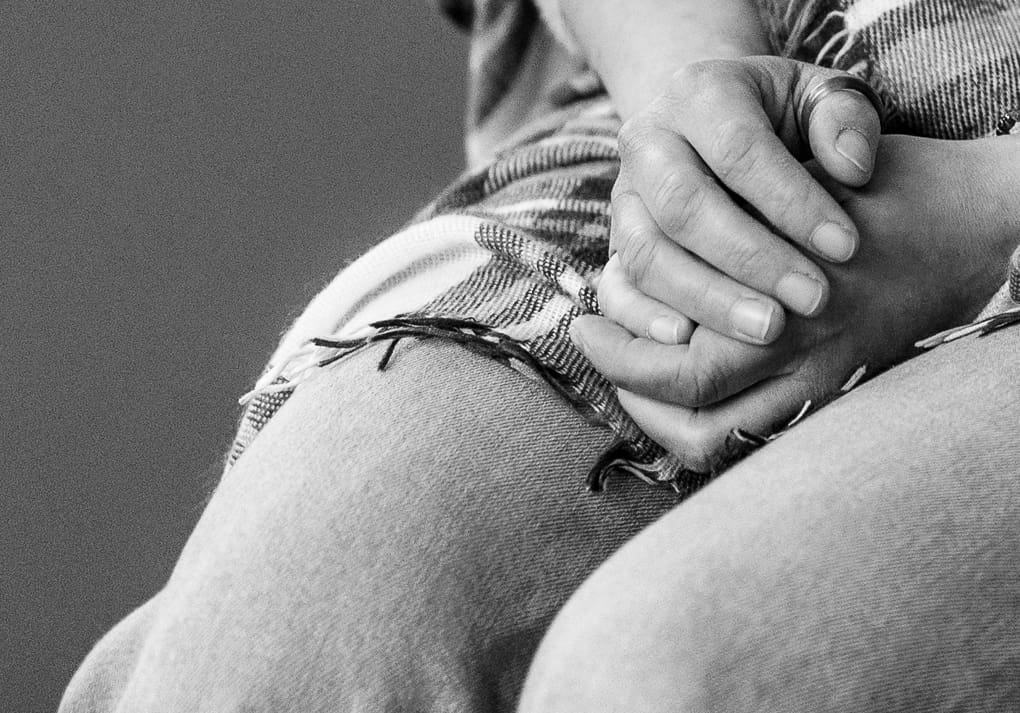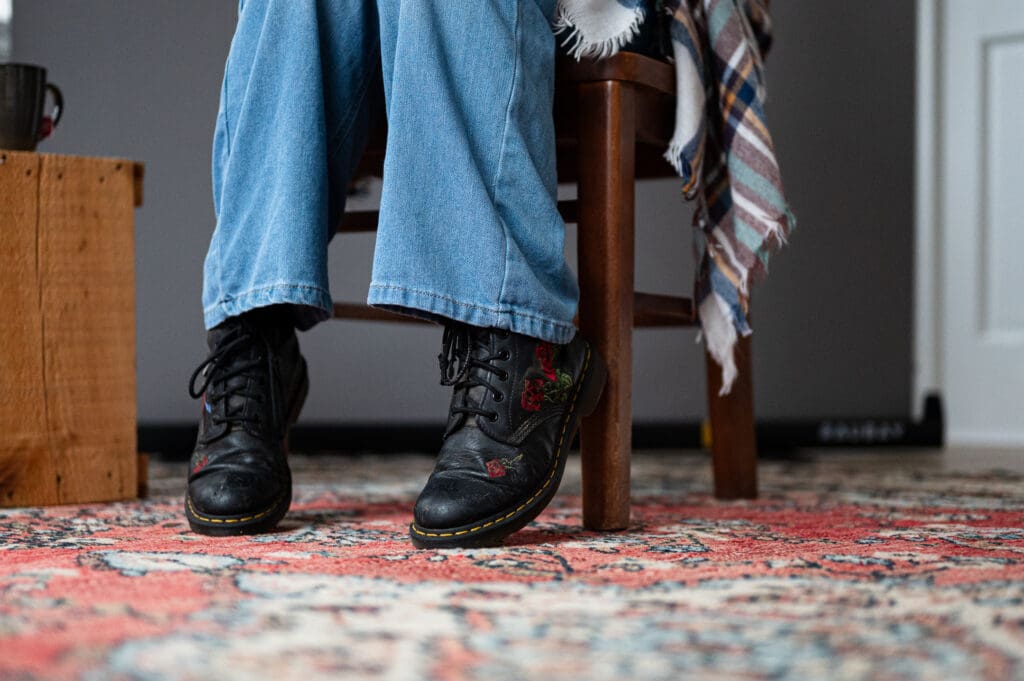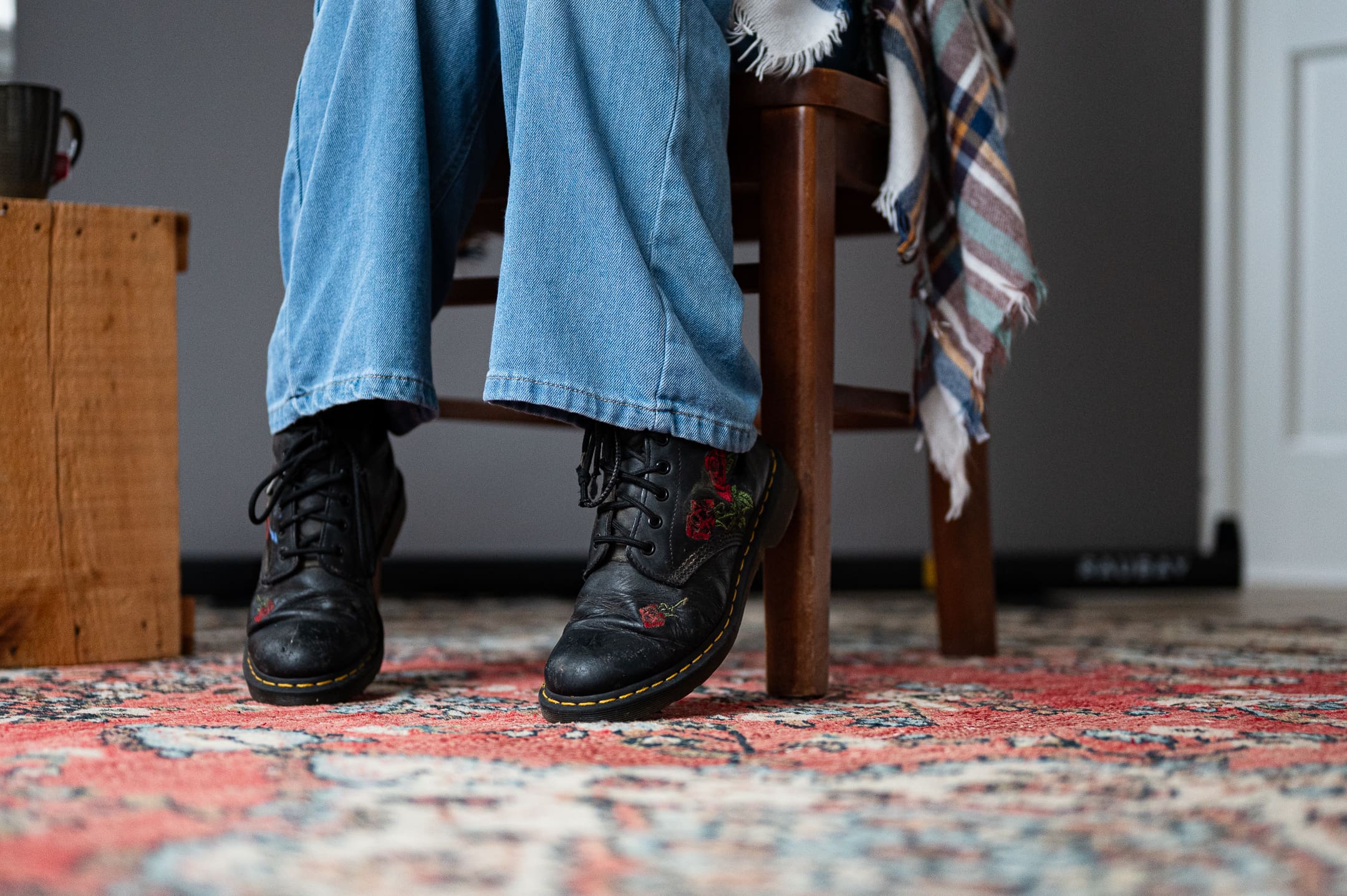I remember I was with my camp counselor and I was so young. It was such a stupid little thing, but I remember it. We were at Riverside and she said, “Oh, Emma, did you want ice cream?” And I was like, “I want ice cream.” I was a little kid. She gave me a dollar, and the ice cream was 50 cents. I told the girl to keep the change—the 50 cents—and when I went back, she said, “Well, where’s my change?” I was like, “Oh, I gave it to the girl.” She scolded me about how much you can get for 50 cents, and she made me go get the money back. I still remember the shame, how embarrassed I was by that experience.
Growing up, we had nothing. We were very, very poor. We came from the South, where no one even had shoes. There was nothing. I remember when we moved here—it was with my stepfather and my mother—someone called her a raggie one day. She was like, “What does that even mean?” And when she found out, she said, “That is the most disgusting word I’ve ever heard in my life—that you would put someone down because they have less than you.”

It was just little things like that that added up. I remember, because I watched my mother struggle my whole life. She worked so hard. I remember her never having enough and never asking for anything. To this day, I receive socks for everything, because I remember as a kid not wanting to tell my mom I wanted anything—I didn’t want her to feel bad. I saw how painful it was when she couldn’t do something. So I started asking for socks, because my little kid brain thought, socks are cheap, and it’s something I need. So I received socks. I’ve gotten socks my whole life, because I never wanted to be a burden. I never wanted my mother to feel like she couldn’t provide, because I saw how hard she was working.
I do have a lot of money issues. I’ve noticed that I have a hard time accepting money for anything. Almost everything I do is donation-based, because I never want to turn someone away. That’s a big thing for me—trying to know that it’s okay to have that exchange. I feel bad for someone who can’t afford it. I don’t want to turn someone away just because they don’t have the funds. I know how that feels. That’s one of the things I’m working on right now—knowing that I’m worthy of having money, and that it’s okay to accept people’s payments. That when I offer something, it’s okay for me to say, “This service is $20,” instead of, “Just pay any way you can, you don’t have to pay me, it’s okay.” It’s something I’ve carried my whole life. So that’s what I’m working on right now. It’s not easy.

I was very fortunate, though, because even though I had nothing growing up, I had very strong women in my life. I was spoken to with: “You’re amazing. You’re so smart. You can do anything you want.” I had these women—who I saw doing so much—speak to me with kindness, with words that stuck. So every time I would hear my ex-husband say, “You’re worthless,” and everything else under the sun, I had a little voice inside me saying, “No, I’m not.” And I think that shows how powerful it can be—the words we give to someone’s life. You may not realize that you’re just talking to a little kid playing in the sand at summer camp, and you say, “You know what? You’re so artistic. You could do anything you want to do.” You might think it’s just a moment. But later on, those might be the words they repeat in their mind. For me, those words were able to drown him out.
About Big Talk
Big Talk is an ongoing documentary portrait series featuring real people and honest conversations. Each session combines natural, story-driven portrait photography with an open-ended interview about life, identity, and the things that matter most. These portraits and personal narratives are part of a larger effort to tell human-centered stories through photography—grounded in presence, connection, and the power of being seen.

Comments +